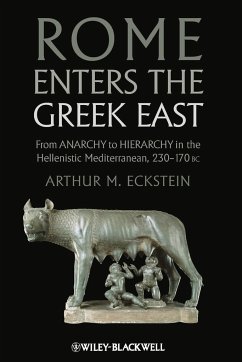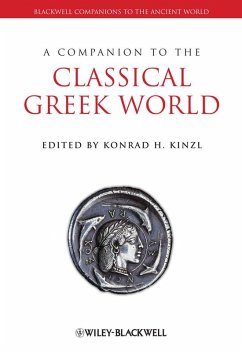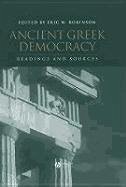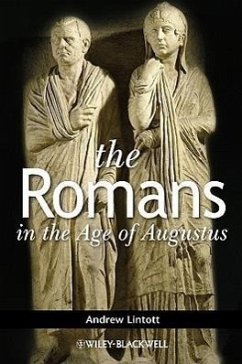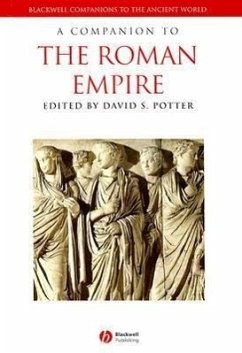
Rome Enters the Greek East
From Anarchy to Hierarchy in the Hellenistic Mediterranean, 230-170 BC

PAYBACK Punkte
81 °P sammeln!
This volume examines the period from Rome's earliest involvement in the eastern Mediterranean to the creation of the first stage of Roman dominance over all the Greek states from the Adriatic Sea to Syria by the 180s BC. Applying modern political theory to ancient Mediterranean history, it takes a Realist approach to its analysis of the development of Roman involvement in the Greek Mediterranean and employs unipolarity theory to examine the earliest era of Roman geopolitical dominance over the Greek states. Focusing on the harsh nature of interactions among states under conditions of internati...
This volume examines the period from Rome's earliest involvement in the eastern Mediterranean to the creation of the first stage of Roman dominance over all the Greek states from the Adriatic Sea to Syria by the 180s BC. Applying modern political theory to ancient Mediterranean history, it takes a Realist approach to its analysis of the development of Roman involvement in the Greek Mediterranean and employs unipolarity theory to examine the earliest era of Roman geopolitical dominance over the Greek states. Focusing on the harsh nature of interactions among states under conditions of international anarchy, the book examines the conduct of both Rome and the Greek states during the period, and the beginning of the replacement of anarchy by a situation of hierarchy and unipolarity. In addition to providing an overview of the entire revolutionary period between 230 and 170 BC, the volume focuses detailed discussion on the geopolitical crisis that convulsed the Greek world in the last decade of the third century bc. This crisis led first to the violent collapse of the traditional Greek state-system based on the three great powers of Macedon, Syria, and Egypt, then to a revolution in Greek diplomacy towards Rome (201-200 BC) as second-tier states pleaded for Roman intervention in the crisis, then to the beginning of Rome's permanent involvement in the high politics of the Greek Mediterranean, and finally to the creation of a situation of Roman unipolarity in the Greek Mediterranean. The first stage of that unipolarity (ca. 190-170 BC) is then analyzed in detail. Rome Enters the Greek East offers a balanced portrait of Roman militarism and imperialism that is essential reading for scholars interested in the interaction of Rome and the Hellenistic world.





